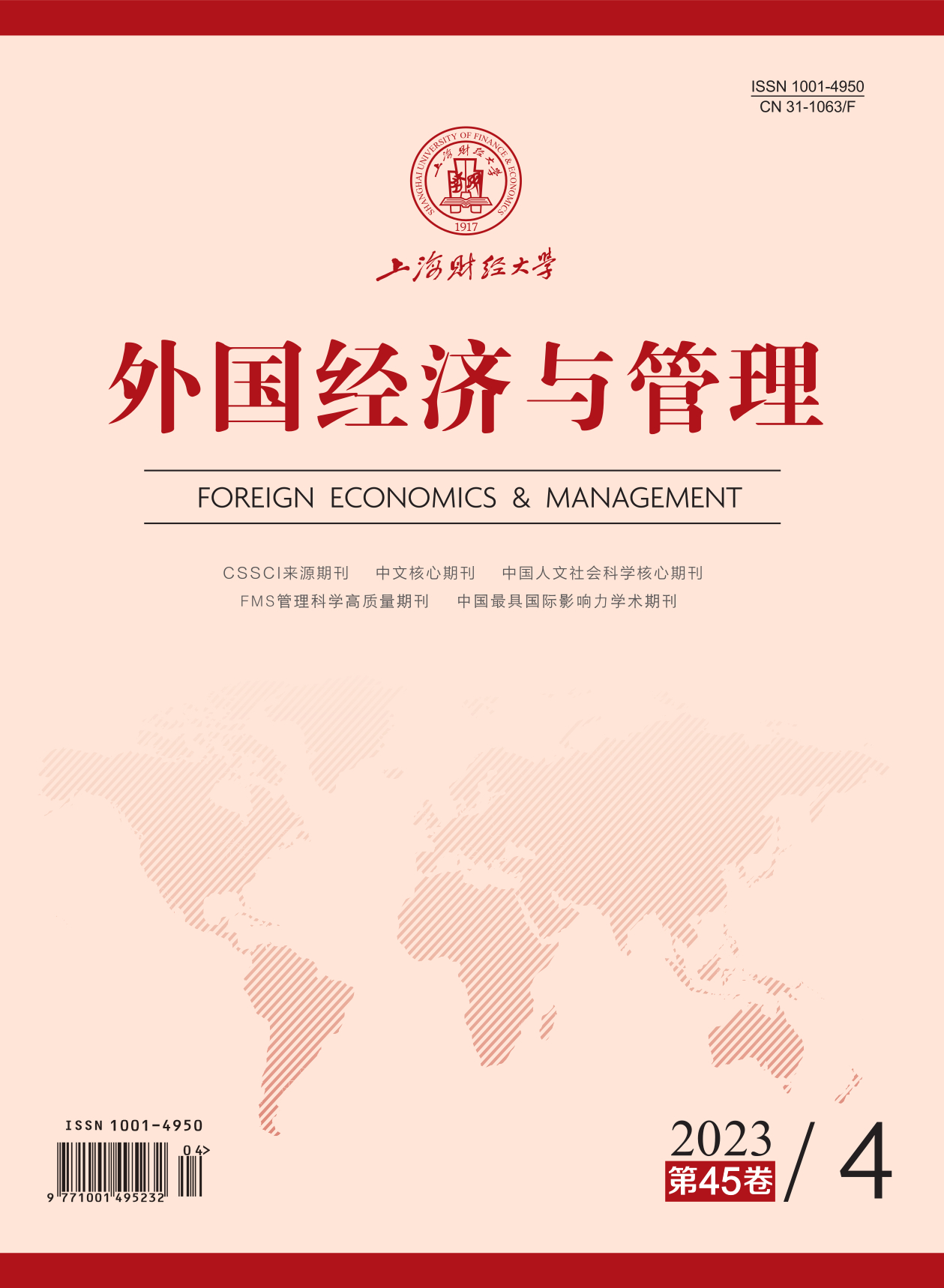Recently, there has been a lot of illegal trading by senior executives of listed companies. Insider trading cases have accounted for 51% of the total number of cases filed by the CSRC. Moreover, compared with insiders directly engaged in insider trading, multi-layer, multi-level and multi-directional insider trading is increasing day by day. Insider information has transmitted explosively through social networks, such as relatives and colleagues. The number of people involved and the value of illegal trading are also rising sharply. This has not only seriously damaged the legitimate interests of investors, but also severely disrupted the efficient function of the capital market, which attracts extensive attention from regulators, academia and the public. In order to deal with the capital market failure caused by the widely spread of illegal trading, securities regulation has become a common practice all over the world. Therefore, this paper studies whether and how securities regulation can exert the deterrent effect on insider trading to improve the market efficiency from the perspective of individual executives’ social networks.
This paper uses the data of transaction violation, social networks and stock trading of individual executives in A-share non-financial and unpunished listed companies from 2007 to 2018 to build a DID model for empirical research. It is found that securities regulatory penalties can not only reduce the insider trading of the punished executives, but also reduce the insider trading of their non-violating relatives and colleagues, and the above deterrent effect decreases with the weakening of the social relations with the punished executives. The heterogeneity test indicates that the above deterrent effect is more significant when punishment severity is higher, the illegal matter is insider dealing, and the illegal executive is the chairman or CEO. Further analyses show that regulatory penalties can not only reduce the profitability of insider trading, but also reduce bid-ask spread, stock price synchronicity and crash risk by reducing insider trading. The above results indicate that securities regulation can achieve the effect of “punish one to teach a hundred” in a hierarchical order on insider trading through social networks and then improve the market efficiency.
This paper has significant theoretical contributions. Based on the perspective of individual executives’ social networks, it systematically investigates the direct effect, spillover effect, transmission mechanism, moderator mechanism and economic consequences of securities regulation on insider trading, which expands the research on the regulatory effect of insider trading and the indirect deterrent effect of securities regulation. This paper also has important practical implications. Securities regulators can realize the governance effect of “punish one to teach a hundred” through social networks, which will help securities enforcement get twice the result with half the effort, so as to strengthen investor protection and maintain the stability of the capital market.





 6702
6702  3129
3129

